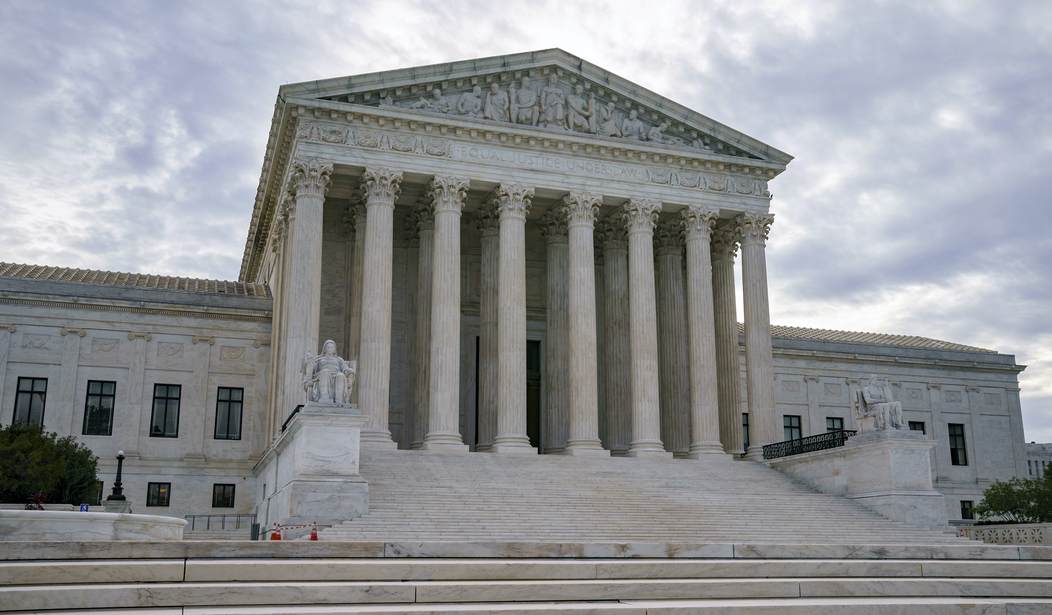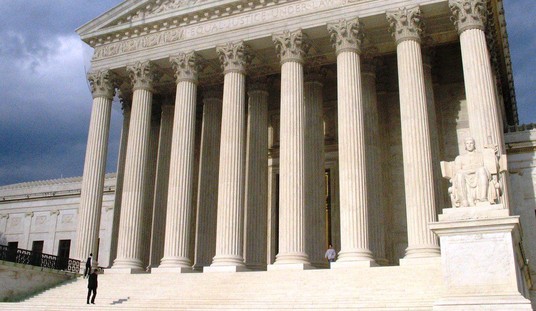Gun rights supporters have waited a long time for another Second Amendment case to make it before the Supreme Court (SCOTUS). Now we have one, because today the nine justices will hear oral arguments in a hugely important 2A case.
In this case, the Court will determine questions regarding the issuance of concealed carry permits. Yet there’s a great deal of hysteria surrounding the ruling, which no one expects to side with the anti-Second Amendment types.
Yet over at The Federalist, they make the argument that there are similarities between this case and the infamous Dred Scott case.
On Wednesday, the Supreme Court will hear oral argument in New York State Rifle and Pistol Association v. Bruen, to decide whether the Second Amendment right to “bear arms” is a legally enforceable right. The case raises some of the same questions that were at issue at the infamous 1857 Supreme Court case Dred Scott v. Sandford.
The Dred Scott majority held that free blacks could never be citizens of the United States, so plaintiff Scott could not bring a case in federal court. In support of the supposed “absurdity” of free blacks having citizenship rights, Chief Justice Taney described a parade of horribles that would ensue.
Free black citizens would have the right to travel about the United States“‘without pass or passport,” to enter any state, to stay there as long as they pleased, and within that state they could go where they wanted at any hour of the day or night, unless they committed some act for which a white person could be punished. Further, black citizens would have “the right to . . . full liberty of speech in public and private upon all subjects which [a state’s] own citizens might meet; to hold public meetings upon political affairs, and to keep and carry arms wherever they went.” (Scott v. Sandford, 60 U.S. (19 Howell) 393, 417 (1857)).
Most of the rights on the list were straightforward rephrasings of the Bill of Rights. Instead of “freedom of speech,” Taney wrote “liberty of speech”; instead of the right “peaceably to assemble,” he discussed the right “to hold meetings,” and instead of the right to “keep and bear arms,” he discussed the right to “keep and carry arms.” Although the right to travel is not textually stated in the Constitution, it has long been found there by implication.
So according to the Supreme Court, the “right to . . . keep and carry arms” is like “the right to . . . full liberty of speech,” the right to interstate travel, and the “the right to . . . hold public meetings on political affairs.” Each is an obvious individual right of American citizenship.
Of course, we’ve seen plenty of other hysteria, including a fair bit from the state of New York, claiming that if SCOTUS rules a certain way, it’ll open the door for all manner of calamity.
Honestly, it’s almost amusing to watch. It would be more amusing if I didn’t know that most of these people actually believe the nonsense they’re spewing.
Yet the similarities to Dred Scott go much deeper than the hysteria.
Dred Scott has several implications for the Bruen case. First, it affirms that the Second Amendment right to bear arms is a normal individual right, like the other individual rights listed in the case, such as free exercise of religion, freedom of speech and of the press, jury trial, and so on.
…
Dred Scott shows that the Second Amendment’s original public meaning from 1791 remained the same through 1857. The Scott Court put Second Amendment rights into lists of other ordinary rights belonging to all citizens, not solely for a subset of citizens engaged in military service.
Of course, plenty of people will reject that argument out of hand. It doesn’t matter how much evidence you show them, they’ll simply wish it away so hard they’ll convince themselves that they have succeeded. It’s a form of delusion, but a powerful one that afflicts a significant number of people.
To be sure, though, there are profound differences.
While we hold our Second Amendment rights as sacred, this case isn’t about whether or not gun owners are actually citizens. Whether we own guns or not, our other rights aren’t being withheld in any way, shape, or form. That’s not even a topic for debate and SCOTUS isn’t likely to rule that it is.
Thankfully.
Yet the similarities are still there, particularly with the idea that gun rights are basic civil liberties.
Unfortunately, too few seem to hold to that opinion. Here’s hoping that SCOTUS makes it very clear that they are.








